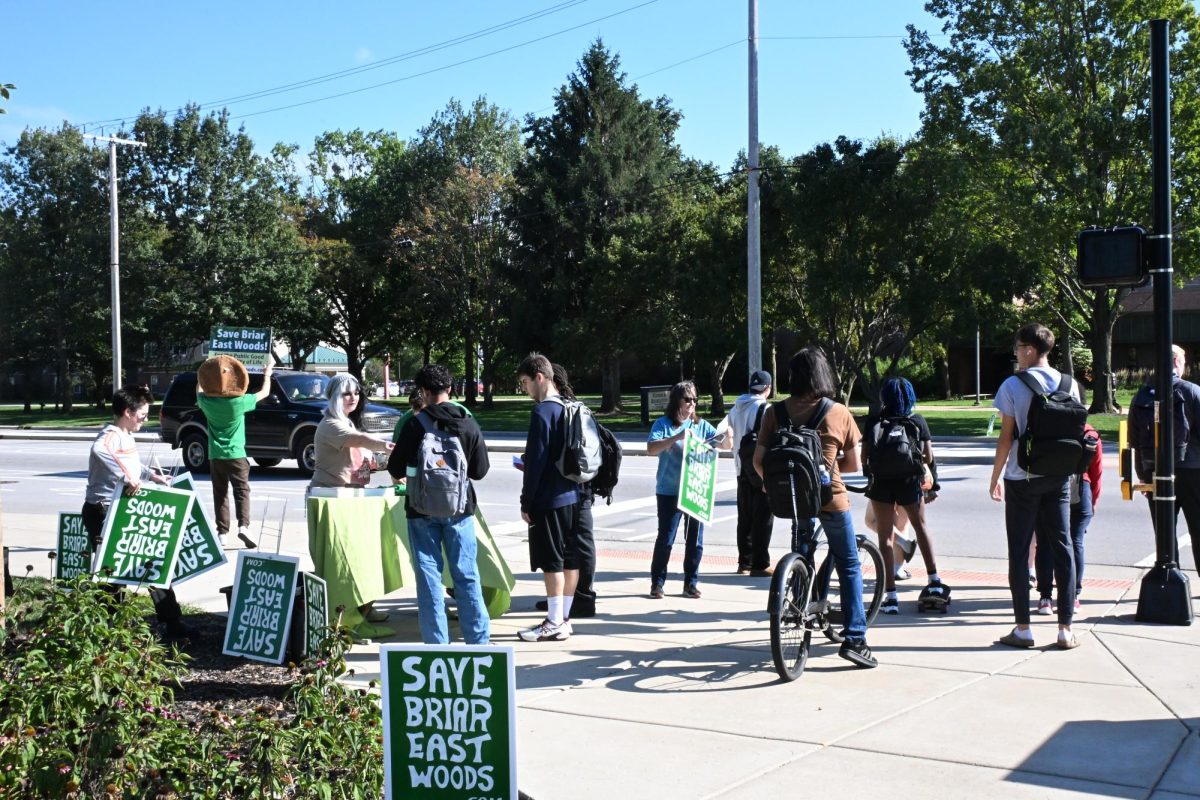With rising education costs, student loan forgiveness has become a pressing issue, sparking debate among students about its benefits and fairness.
Opinions vary on whether forgiveness could alleviate financial pressures or create economic burdens for future generations.
“I’m pro forgiveness of loans in general,” said Aaron Conn, a sophomore Communication major. “I think this is especially beneficial to those in need and those who do not use their degrees.”
Student loan debt has been a significant issue for the Joseph Biden administration. In October, the president announced another round of loan forgiveness, raising the total amount of student loan cancellation to more than $175 billion for nearly 5 million people since Biden took office. That’s about 11% of all outstanding federal student loan debt.
Conn said some of the forgiveness may be politically motivated, in hopes of driving voter support.
“The language surrounding that discussion is more important than the forgiveness itself,” he said.
Other students are more reserved in their support, seeing loan forgiveness as potentially unfair to those who manage to repay their debts without assistance.
Junior Chemistry major Yumi Bair believes forgiveness should be granted selectively.
“I think that people who have certain conditions or aren’t able to pay the loan under the required time frame should get a break, but it shouldn’t be erased,” Bair said.
She is concerned that total cancellation could set unrealistic expectations among loan recipients.
Lexi O’Connell, a junior majoring in Finance, also has mixed feelings
“I would feel a lot of relief as a student that hasn’t paid a dime yet to my student loans,” she said. “On the other hand, I feel it is unfair to those who have had tremendous struggles paying off their balance.”
Shayne Brown voiced concerns about the economic implications of large-scale forgiveness.
“I don’t believe the government can forgive the massive student loan debt,” said Brown. “It would increase taxes beyond what I’m comfortable paying.”





